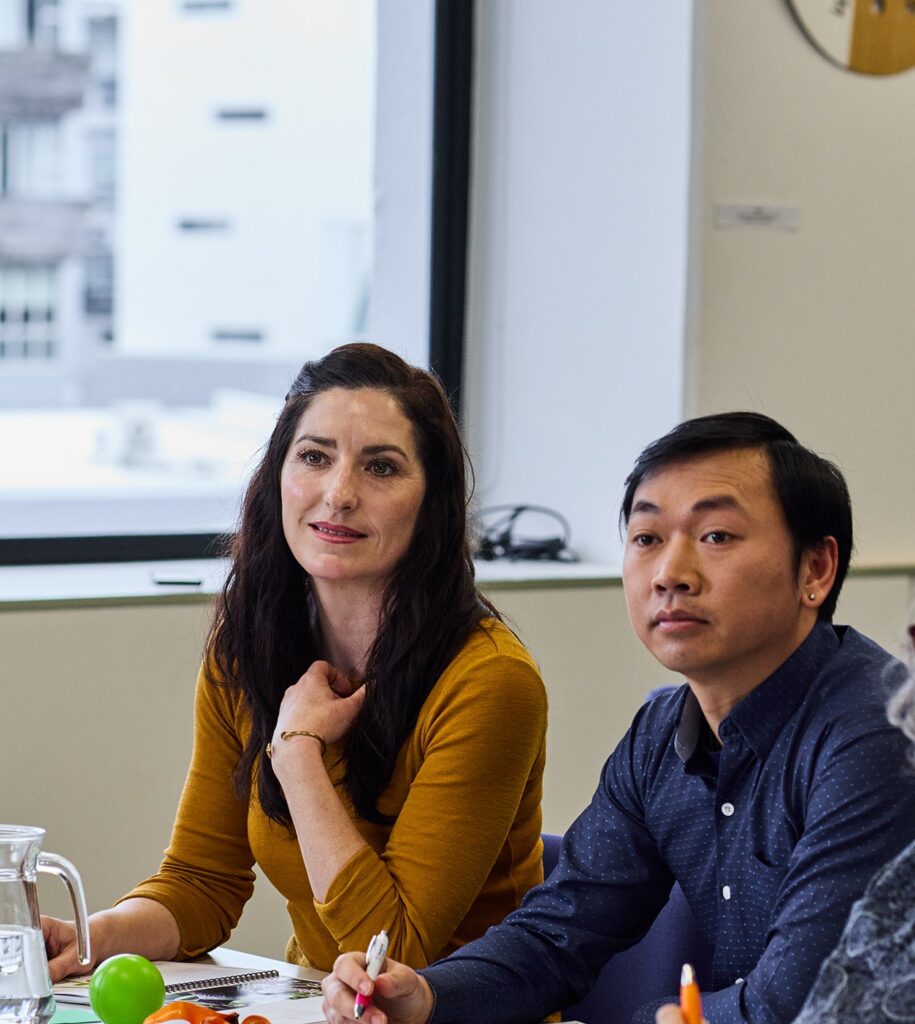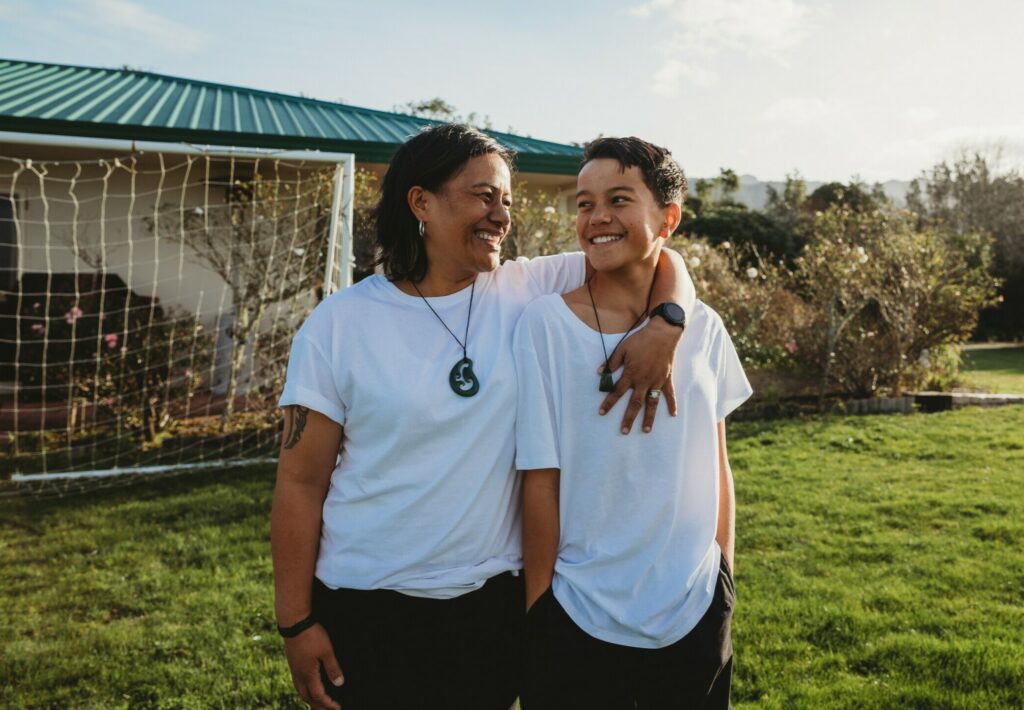The true impact of MH101®
Published:
November 14, 2025
Research type:
The latest impact evaluation of MH101® shows the programme is making a real and lasting impact in workplaces and communities across Aotearoa New Zealand.
What the impact evaluation found
Between July 2023 and September 2024, more than 2,645 people attended a MH101® workshop – either in person or online. Data was gathered from follow-up surveys, focus groups, interviews and wānanga.
Most learners retained their knowledge and confidence up to a year after training, especially in recognising distress, supporting others, and looking after their own wellbeing. Nearly two-thirds of learners had a meaningful kōrero with someone they were concerned about, and of those who started a conversation, 85% said it was received positively.
Impact in workplaces
The evaluation showed that MH101® is more than an individual learning experience. It can also create positive changes across organisations.
Compassionate workplaces
Learners described shifts in culture where colleagues showed greater empathy and patience with one another, especially during challenging times, like restructures or increased workloads.
“Attending the course helped our staff to be more compassionate to each other, especially during redundancies and major changes. It changed how we support one another.”
Role-modelling from leaders
Where managers and team leaders actively engaged with MH101® and reinforced its principles, staff were more likely to use what they had learned.
“I learnt how to encourage and develop the confidence of our team to ask the right questions when meeting whānau and to explain pathways for getting help. That was huge for us.”
Holistic wellbeing
The use of Te Whare Tapa Whā was especially valued in workplace contexts. Learner’s spoke of drawing on its pillars to check in on physical, mental, whānau, and spiritual wellbeing, for both them and their teams.
“I realised everything I wrote about Te Whare Tapa Whā in my workbook, I used throughout the year—with my family, myself, and my service users. It became a daily tool.”
What’s next
The evaluation didn’t just celebrate successes; it also highlighted opportunities to grow the programme’s reach and impact.
- Strengthen engagement with priority groups
Continue targeted recruitment strategies to better reach and support Māori and Pasifika learners, rainbow communities, rural communities, and men. - Deepen cultural safety
Work alongside Māori and Pasifika facilitators and communities to further integrate tikanga Māori, and support discussion around Rongoā Māori, and cultural models like Te Wheke and Fonofale into delivery. - Reduce stigma and discrimination
Explore new ways for MH101® to challenge stigma, empowering people to challenge stigma and enabling them to see beyond labels and act with aroha. - Enhance follow-up support
Consider additional resources and opportunities for learners to refresh and embed their skills after the workshop. - Building cultures of wellbeing
MH101® is helping to equip people with tools for self-care and the confidence to respond to colleagues in distress. Perhaps most importantly, it is supporting employees to develop cultures where kindness, empathy, and openness can thrive.
As one learner said: “I used to feel like I had to fix everything. Now I know the most powerful thing I can do is listen—and that has changed how I support my colleagues and friends.”
MH101® impact evaluation report
Learn more about the ongoing impact of MH101® and read participant stories in the full MH101® impact evaluation 2025 report.
Or you can find a summary of key findings in the MH101 impact evaluation 2025 infographic.
Find a MH101® workshop
Register now for a MH101® workshop near you and join the thousands of other New Zealanders who have gained skills and confidence in their own self-care and supporting their colleagues, communities and whānau.



